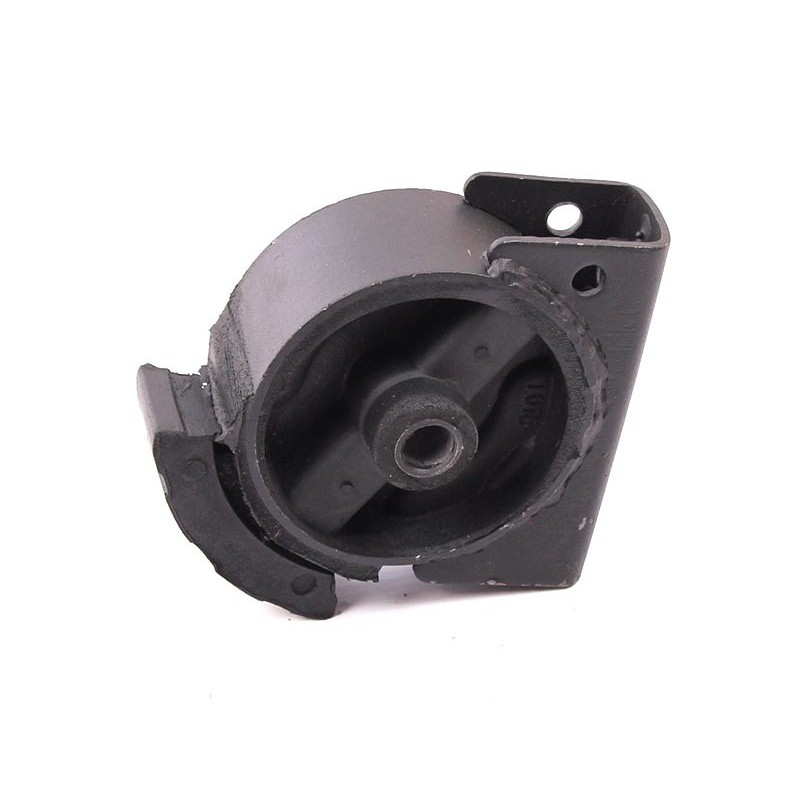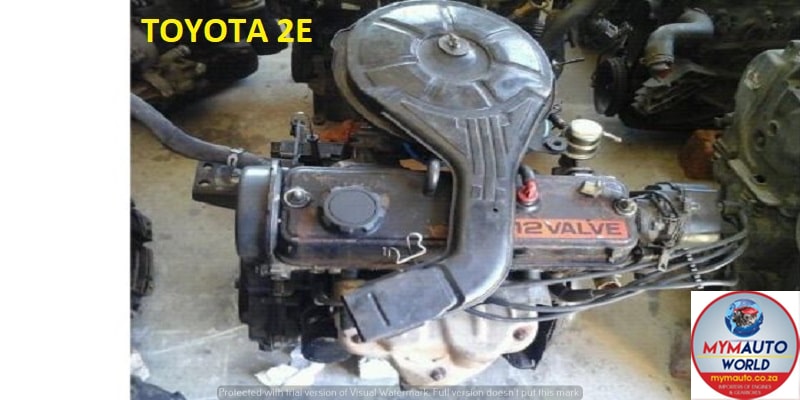Upgrade Your Auto's Heart: Toyota Tazz Engine for Sale, High Quality Ensured
Engine Acquiring Expert Tips on Selecting the Right Engine for Your Details Needs
Choosing the right engine for your details demands includes an intricate interplay of variables that go past plain horsepower figures. By diving into the intricacies of power versus performance, reviewing fuel rankings, and budgeting for long-term costs, one can absolutely optimize their engine option.
Power Vs. Effectiveness: Finding the Balance

When choosing an engine, it is vital to strike an equilibrium in between power and effectiveness to fulfill your specific needs effectively. Power describes the engine's ability to produce power for propulsion, figuring out aspects like velocity, lugging capability, and overall efficiency (Toyota Tazz Engine For Sale). On the various other hand, efficiency associates with how well the engine makes use of gas to produce power, impacting elements such as gas economy and ecological friendliness
Accomplishing the best balance in between power and effectiveness is important because an engine that is as well effective may eat too much gas, resulting in greater operating expense and unneeded stress on the environment. On the other hand, an engine that prioritizes effectiveness over power might cause slow-moving performance, especially in demanding circumstances like towing hefty lots or driving uphill.
To make an educated decision, think about elements such as your normal driving conditions, the intended use the automobile, and your individual choices. By reviewing your concerns and needs, you can pick an engine that strikes the perfect balance in between power and efficiency, making sure optimal efficiency while minimizing environmental impact and operating expenses.
Comprehending Engine Dimension and Kind

In addition, engine kind plays an essential function in determining the efficiency qualities of an engine. Typical engine kinds include inline engines, V engines, and rotating engines, each with its special benefits and drawbacks. The engine type affects factors such as the engine's size, weight circulation, and power distribution. Comprehending the interplay in between engine size and kind is crucial in picking an engine that lines up with your particular demands and priorities, whether it be power, efficiency, or an equilibrium of both.
Consider Your Vehicle's Requirements
If you are looking for an engine for a heavy-duty truck that will be made use of for towing, you will certainly require a powerful engine with high torque capabilities. On the other hand, if you are choosing an engine for a portable cars and truck mainly utilized for city travelling, gas performance may be a more important factor to take into consideration.

Examining Fuel Performance Ratings
Evaluating fuel efficiency ratings is an important element of picking the ideal engine for your lorry, ensuring expense savings and ecological sustainability. Gas efficiency scores, typically determined in miles per gallon (MPG) for fuel engines or kilowatt-hours per 100 miles (kWh/100 miles) for electrical engines, indicate how much an automobile can take a trip on a specific amount of gas or electrical energy. Greater MPG or reduced kWh/100 miles worths signify extra reliable engines, converting to minimized fuel click here for more costs and lower carbon emissions.
Additionally, contrast different engine alternatives within the same automobile course to identify the most affordable option. Elements such as engine size, weight, aerodynamics, and hybrid or electrical capabilities can all influence fuel performance.
Budgeting for Long-Term Prices
Strategically preparing for long-lasting costs is imperative when choosing an engine, guaranteeing economic sustainability over the lorry's life expectancy. While the preliminary acquisition price of an engine is a significant aspect, it is vital to consider the long-lasting expenses connected with upkeep, repairs, and fuel intake.
In addition, investigating the accessibility and cost of substitute parts for the chosen engine is crucial in spending plan preparation. By thoroughly budgeting for these lasting expenditures and factoring them right into the decision-making procedure, individuals can select an Get More Info engine that not only meets their instant demands yet additionally continues to be economical throughout its life-span.
Verdict
In verdict, selecting the ideal engine for your details demands calls for stabilizing power and effectiveness, comprehending engine size and kind, considering your lorry's demands, examining gas effectiveness ratings, and budgeting for lasting costs. By very carefully thinking about these elements, you can guarantee that you pick an engine that fulfills your demands and gives ideal performance for your automobile.
To even more refine the option process of an engine that strikes the optimum equilibrium between power and efficiency, it is vital to dive right into the details of understanding engine size and kind. Engine size refers to the overall quantity of air and fuel that can be pressed with the engine cyndrical tubes. Usual engine types consist of inline engines, V engines, and rotary engines, each with its one-of-a-kind advantages and drawbacks. Recognizing the interplay in between engine dimension and type is essential in picking an engine that aligns with your specific requirements and priorities, whether it be power, efficiency, or an equilibrium of both.
Fuel performance scores, website here generally gauged in miles per gallon (MPG) for gasoline engines or kilowatt-hours per 100 miles (kWh/100 miles) for electrical engines, suggest how far a car can travel on a particular quantity of fuel or electrical energy.